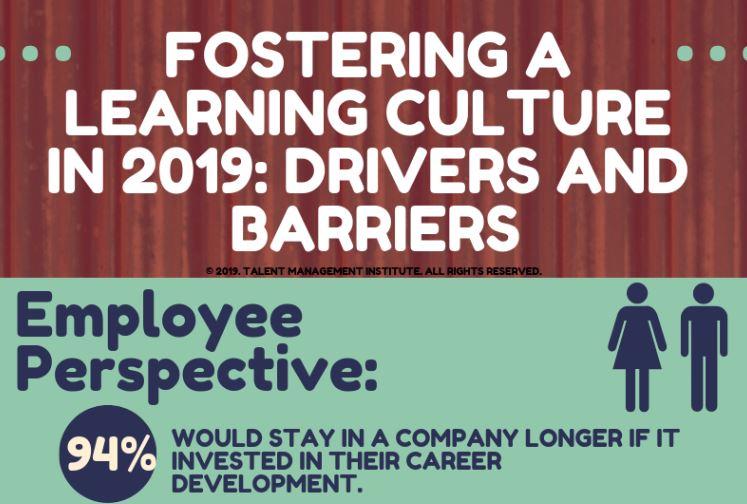CRM is an abbreviation for Customer Relationship Management. It is software that helps streamline the sales cycle, which results in the conversion of leads into customers. CRM software helps businesses in building relationships with their customers. It involves features and strategies that can manage interactions with potential customers.
Companies and brands know for a fact that their customer’s satisfaction is the key to their business’ success. To provide the best experience while purchasing a product or service, the company/brand needs to have relevant information about the customer and his/her interests and needs. Investing in an efficient CRM to provide this positive customer experience will result in the growth of the company/brand and help improve the sales process.
Opportunities are recognized in the sales pipeline.
CRM process helps the sales process move faster as it identifies opportunities at an early stage. It goes through the sales pipeline and points out where there is a need for improvement and what needs to be done.
It has a tracking system.
CRM software records all interactions between the customer and the company. It helps in storing information about the customer. It stores data in a centralized centre, for easy access. CRM also collects the customer’s personal information as well as tracks the customer, through emails, phone calls, online chats and customer support tickets. It also provides customer history for repeat customers. It provides insight into the interests and needs of the customer, which in turn gives you an opportunity to provide relevant solutions.
Also Read, Sales Process Mapping: Optimize Sales processes for better ROI
Automated Follow-ups
CRM helps the sales team in managing scheduled follow-ups with prospects by setting up a call reminder or follow-up email reminder. It prioritizes these tasks so that customers are contacted on time. CRM improves the relationship between the customer and the company by using targetted emails and other social media channels which creates a personalized relationship and increases the chances of sales.
Provides average length of the sales cycle.
This CRM feature helps in identifying how long each individual sales rep takes to close a deal. By gaining insight about the time it takes for each rep to close a deal, it makes the process of identifying areas of improvements much faster.
Improves communication across the organization.
CRM software comes with a built-in phone, it would help in transferring calls from one department to another in the sales process. When sales reps are on a call and they’re not sure of which solution fits best, they can transfer it to a rep who could, from the list of available reps. It improves the communication between the sales reps and the management while keeping everyone up to date by sharing information.
Customer support
With the data collected from previous interactions, CRM software can enable the customer support team to deliver a personalized customer experience. The information from tracking a potential customer’s internet activity can provide invaluable insight into the needs and wants of the customer. It helps sales reps to respond with the right solutions at the right time.
It frames the workflow with task automation.
Modern CRM software maintains the workflow of the sales team by providing automated task reminders to fulfil objectives. After completion of one task, it triggers the next action and so on. It is customizable to assign tasks to specific members of the ream. This amplifies the quality of the sales process.
Helps improve analytical data and reports.
CRM’s centralized data storehouse improves analysis of data as a whole. It can be easily incorporated with various tools to generate automatic reports. You can personalize your dashboard and tap into any information you require. You can calculate how many sales calls were made in a day or how much time was spent setting up calls. These tools make it easier for the sales team to input important data. It greatly amplifies the effectiveness of decisions and sales strategies.
Pricing And completing orders.
CRM helps in ensuring precise pricing and quotes on various products and services. It tracks customer orders and confirms the availability of a product and administers order completion. CRM takes up these tasks to ease the sales team of having to manually perform mundane tasks.
Distribute Sales Resources effectively.
Higher paying customers may need more resources from your sales team. It could mean that more resources are required to qualify them and to continue providing service over the length of the sales process. While some prospects may not need that many resources. The CRM software allows you to see how your sales resources are assigned and it is more simple to make smart decisions about the best way to organize your sales team.
Facilitates collaboration.
As mentioned earlier, CRM systems aides sales team to share documents, tracking sales calls and giving sales managers a clear outlook at what’s going on. CRM software helps the sales team to associate on many levels. It facilitates the team to sell and land big accounts.
When CRM is adopted by a sales process correctly, it increases the number of sales tremendously. It accelerates the sales process and all the work activities can be easily accessed from the CRM’s cloud-based platform.
Related posts:








I appreciate, cause I found just what I was looking for. You have ended my four day long hunt! God Bless you man. Have a nice day. Bye